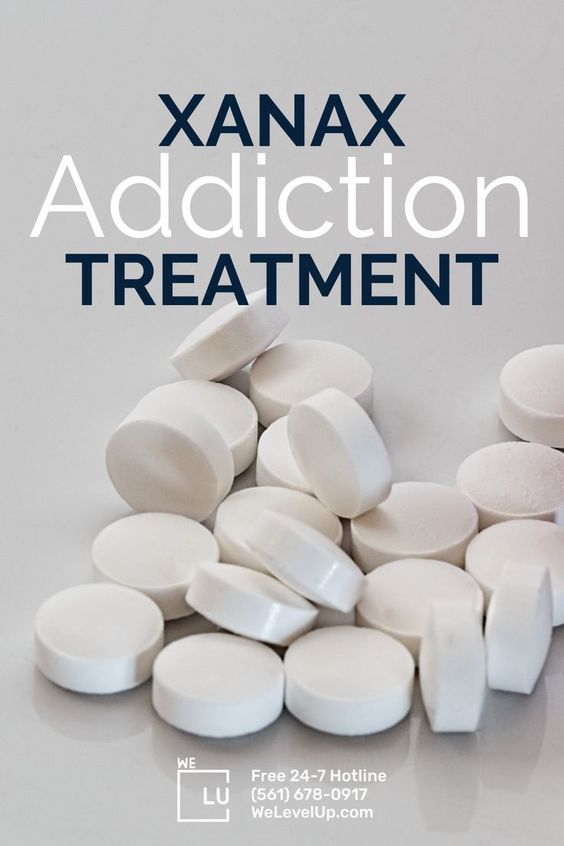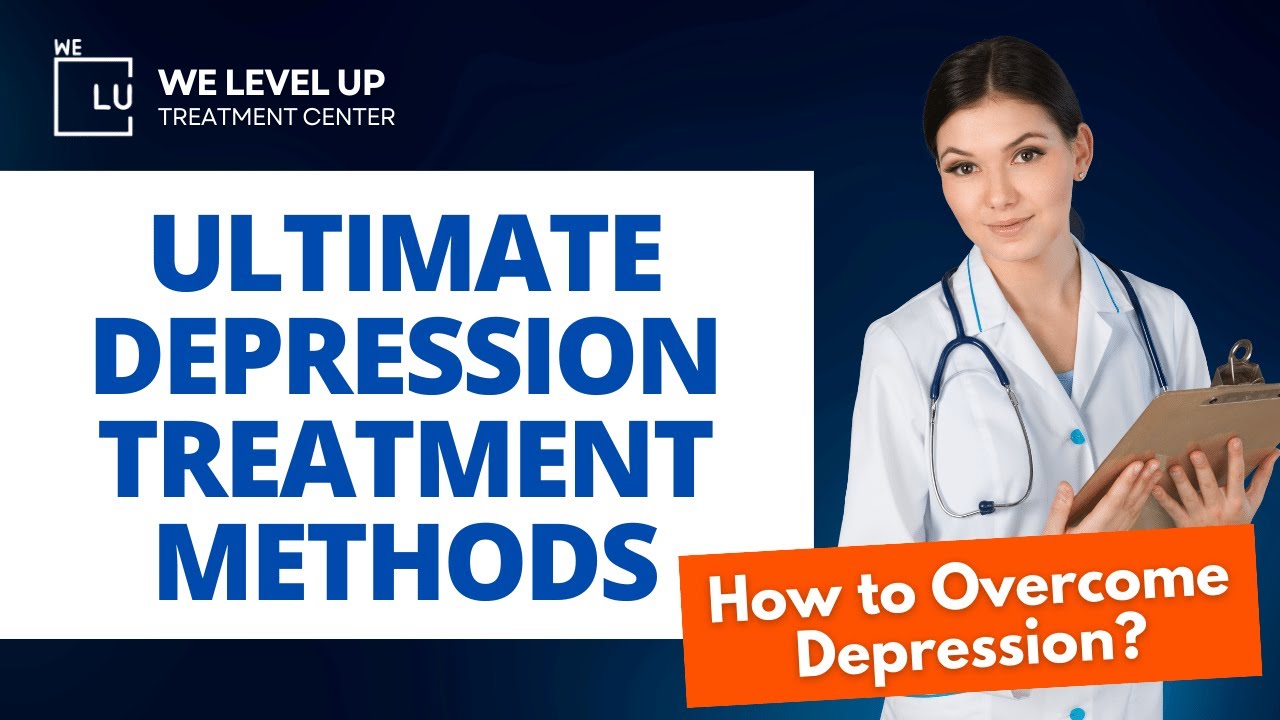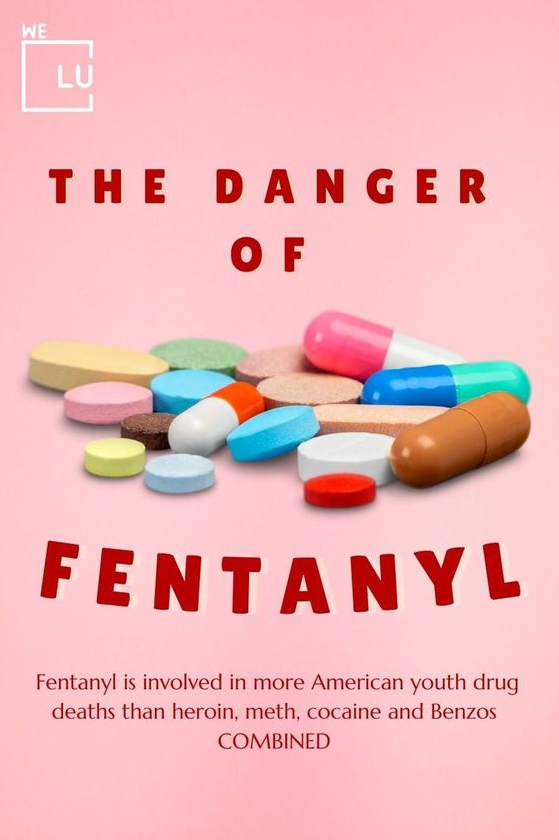The Process Of Recovering From Alcohol
Excessive alcohol use or alcohol addiction is responsible for approximately 95,000 deaths in the United States each year and $249 billion in economic costs in 2010. Excessive alcohol use includes:
- Binge drinking (defined as consuming 4 or more alcoholic beverages per occasion for women or 5 or more drinks per occasion for men).
- Heavy drinking (defined as consuming 8 or more alcoholic beverages per week for women or 15 or more alcoholic beverages per week for men).
- Any drinking by pregnant women or those younger than age 21. [1]
Approximately two-thirds of adults in the United States drink alcohol, while 7.2% suffer from alcohol use disorder (AUD). Excessive alcohol intake is the third leading preventable cause of death in the United States. A 10-year survey, from 2001 through 2011 from 211 hospitals revealed a 0.08% to 0.09% admissions related to alcoholic hepatitis. [2] There should be no comparison between Alcoholic Hepatitis vs Cirrhosis as both can be life-threatening and require you to stop drinking alcohol.
Excessive alcohol consumption could result in fatty liver disease or steatosis, alcoholic hepatitis (AH), and eventually cirrhosis. Alcoholic hepatitis is a severe syndrome of alcoholic liver disease (ALD).

How Long Does It Take For The Liver To Recover From Alcohol
You may be able to reverse the injury to your liver by avoiding alcohol in the early stages of the disease. However, once more notable damage has occurred, the changes within the liver become permanent. Considerable damage can lead to conditions such as cirrhosis, blood clotting problems, and high bilirubin levels.
Even if the damage is too difficult to reverse, you should still stop drinking to prevent further harm to your liver and start recovering from alcoholism. In people with permanent liver damage due to alcohol, there’s a 30% increase in survival rate among those who stop drinking compared to those who remain to drink.
Abstinence along with adequate nutritional support remains the cornerstone of the management of patients with alcoholic hepatitis. An addiction specialist while you’re recovering from alcoholism could help individualize and enhance the support required for abstinence. About 10% to 20% of patients with AH are likely to progress to cirrhosis annually, and 10% of the individuals with AH have regression of liver injury with abstinence. [3]
How Long For The Brain To Recover From Alcohol
Drinking alcohol causes brain damage but the good news is that most alcoholics with cognitive impairment show at least some improvement in brain structure and functioning within a year of abstinence from recovering from alcoholism, though some people take much longer. Clinicians must consider a variety of treatment methods to help people stop drinking and to recover from alcohol-related brain impairments, and tailor these treatments to the individual patient.
Advanced technology will have an important role in recovering from alcoholism and developing these therapies. Clinicians can use brain–imaging techniques to monitor the course and success of treatment because imaging can reveal structural, functional, and biochemical changes in living patients over time. Promising new medications also are in the early stages of recovering from alcoholism, as researchers strive to design therapies that can help prevent alcohol’s harmful effects and promote the growth of new brain cells to take the place of those that have been damaged by alcohol.

Can Your Heart Recover From Alcohol Abuse
Chronic excess alcohol use is a well-established cause of dilated cardiomyopathy. The clinical features are variable because patients may be asymptomatic despite there being evidence of severe left ventricular dysfunction. Although the mechanism of alcohol-induced cardiomyopathy is not clearly understood, recovering from alcoholism has been associated with improvement in left ventricular function. Conversely, patients with ongoing alcohol abuse and dilated cardiomyopathy have a poor prognosis, with progressive biventricular failure and, ultimately, death.
Once the damage is considered irreversible, it’s difficult for the heart and the rest of the body to recover. However, if alcoholic cardiomyopathy is caught early and the damage isn’t severe, the condition can be treated by recovering from alcoholism. In some cases, the damage can even be reversed.
How Long For The Immune System Recovers From Alcohol
Long-term alcohol misuse can weaken your immune system, making you more vulnerable to serious infections. It can also weaken your bones, placing you at greater risk of fracturing or breaking them.
There are many long-term health risks associated with alcohol misuse. They include:
- High blood pressure
- Stroke
- Pancreatitis
- Liver disease
- Liver cancer
- Mouth cancer
- Head and neck cancer
- Breast cancer
- Bowel cancer
- Depression
- Dementia
- Sexual problems, such as impotence or premature ejaculation
- Infertility
Recovering from alcoholism to have a healthy liver back? The longer you have been drinking, the longer it may take to get back to normal. A full recovery will take time and ongoing sobriety. If you normally don’t drink and engage in one binge-drinking session, your immune system is likely to be suppressed from a few hours to a day.
How Do I Stop Drinking?
Looking for tips in recovering from alcoholism? The strategies listed below can help communities create social and physical environments that discourage excessive alcohol consumption thereby, helping individuals how to stop drinking alcohol, and reducing alcohol-related fatalities, costs, and other harms.
Set Goals And Prepare For Change
The National Institute on Alcohol Abuse and Alcoholism (NIAAA) suggests the following steps may be helpful in recovering from alcoholism:
- Put it in writing. Making a list of the reasons to curtail your drinking — such as feeling healthier, sleeping better, or improving your relationships — can motivate you and give you ideas on how to stop drinking alcohol.
- Set a drinking goal. Set a limit on how much you will drink or better study how to stop drinking alcohol. You should keep your drinking below the recommended guidelines: no more than one standard drink per day for women and for men ages 65 and older, and no more than two standard drinks per day for men under 65. These limits may be too high for people who have certain medical conditions or for some older adults. Your doctor can help you determine what’s right for you.
- Keep a diary of your drinking. For three to four weeks, keep track of every time you have a drink. Include information about what and how much you drank as well as where you were. Compare this to your goal. If you’re having trouble sticking to your goal, discuss it with your doctor or another health professional.
- Don’t keep alcohol in your house. Having no alcohol at home can help you how to start recovering from alcoholism.
- Drink slowly. Sip your drink. Drink soda, water, or juice after having an alcoholic beverage. Never drink on an empty stomach.
- Choose alcohol-free days. Decide not to drink a day or two each week. You may want to abstain for a week or a month to see how you feel physically and emotionally without alcohol in your life. Taking a break from alcohol can be a good way to start drinking less.
- Watch for peer pressure. Practice ways to say no politely. You do not have to drink just because others are, and you shouldn’t feel obligated to accept every drink you’re offered. Stay away from people who encourage you to drink to begin recovering from alcoholism.
- Keep busy. Take a walk, play sports, go out to eat, or catch a movie. When you’re at home, pick up a new hobby or revisit an old one. Painting, board games, playing a musical instrument, woodworking — these and other activities are great alternatives to drinking.
- Ask for support. Cutting down on your drinking may not always be easy in recovering from alcoholism. Let friends and family members know that you need their support on how to stop drinking alcohol. Your doctor, counselor, or therapist may also be able to offer help.
- Guard against temptation. Steer clear of people and places that make you want to drink. If you associate drinking with certain events, such as holidays or vacations, develop a plan for managing them in advance. Monitor your feelings. When you’re worried, lonely, or angry, you may be tempted to reach for a drink. Try to cultivate new, healthy ways to cope with stress.
- Be persistent. Most people who successfully cut down or stop drinking altogether do so only after several attempts. You’ll probably have setbacks, but don’t let them keep you from reaching your long-term goal on how to stop drinking alcohol. There’s really no final endpoint, as the process usually requires ongoing effort.
Some of these strategies — such as watching for peer pressure, keeping busy, asking for support, being aware of temptation, and being persistent — can also be helpful for people who want to begin recovering from alcoholism completely. [4]
Alcohol Withdrawal
Once you’ve learned how to stop drinking alcohol and have abstinence, you’ll experience withdrawal that may require professional help. Alcohol withdrawal symptoms may vary significantly from one person to another but may include any of the following physical and psychological symptoms.
Physical Withdrawal Symptoms
- Shaky hands
- Headache
- Nausea
- Vomiting
- Sweating
- Racing heart
- High blood pressure
- Fever
- Shakiness
- Dilated pupils
- Appetite loss
- Pale skin
- Tremor
- Seizures
Psychological Withdrawal Symptoms
- Anxiety
- Insomnia
- Confusion
- Irritability
- Feeling depressed
- Fatigue
- Mood swings
- Inability to think clearly
- Nightmares
- Extreme agitation
- Hallucinations (feeling, seeing, or hearing things that aren’t there)
Treatable Withdrawal Symptoms
With the help of a team of experts, withdrawal symptoms may be alleviated. However, the withdrawal symptoms that you may suffer from without help include:
- Seizures
- Physical tremors
- Alcohol cravings
- Hallucinations
- Increased agitation and anxiety
- Increased blood pressure
- Mood swings
- Fever, sweating, and extreme headaches
- Increased heartbeat
Alcohol Addiction Treatment Options
Treatments can take multiple approaches to treat alcohol detox. This can vary from a medicalized approach to a more alternative approach. With a holistic view of addiction treatment, our detox facilities provide various therapies from one end of the spectrum to the other. This allows us to provide each client with the best treatment possible.
There are medication-based options available for clients who face severe detox symptoms or are open to a more medicalized approach to managing their comfort. Benzodiazepines and sedatives are examples of 2 types of medications sometimes used to help relax the brain and body when at the peak of detox. In addition, naltrexone is one of the few medications that drugs can give to help curb the cravings accompanied by alcohol detox. [5]
Additionally, prescription medications are not the only means of beneficial medical interventions during detox. For instance, heavy sweating, diarrhea, and vomiting can lead to severe dehydration and further complications. The use of an IV drip can quickly solve this issue and help keep fluid levels up. Additionally, detox facilities typically provide nutritional supplements that carry numerous benefits for a healing body.

Yoga, Chiropractors, Massage, and Acupuncture are a few of the alternative therapies offered at We Level Up TX. These are evidence-based practices that have been shown to progress detox faster and provide much-needed comfort for individuals in withdrawal. Not only do these therapies help with detox, but they also promote overall health and wellbeing. Many clients take these practices with them into their everyday life as a tool to maintain their sobriety.
How We Can Help? Searched for “Texas inpatient consultants & inpatient alcohol rehab Houston based programs?” or are you seeking a national inpatient rehab destination?
As any withdrawal symptoms subside and a client’s detox stay comes to a close, the last detox stage is aftercare. Again, an individualized treatment plan is progressing to help provide support, education, therapy for relapse prevention, and how to stop drinking alcohol.
Does drinking alcohol decreases your immune system? Yes, and drinking alcohol causes brain damage and causes harm to your loved ones as well. If you or a loved one are struggling with alcoholism and a co-occurring mental health condition such as anxiety and depression, contact one of our helpful treatment specialists today. We Level Up TX can provide information on dual diagnosis and detox programs that may fit your specific needs while you start recovering from alcoholism.
Call today to speak with one of our treatment specialists. We will help you explore alcoholism treatment options. Your call is private and confidential, and there is never any obligation.
Sources:
[1] Preventing Excessive Alcohol Use – Centers for Disease Control and Prevention
[2-3] Alcoholic Hepatitis – National Center for Biotechnology Information, U.S. National Library of Medicine
[3] 11 ways to curb your drinking – https://www.health.harvard.edu/diseases-and-conditions/11-ways-to-curb-your-drinking
[4] How to stop drinking alcohol – We Level Up – Treatment » Alcohol Detox





